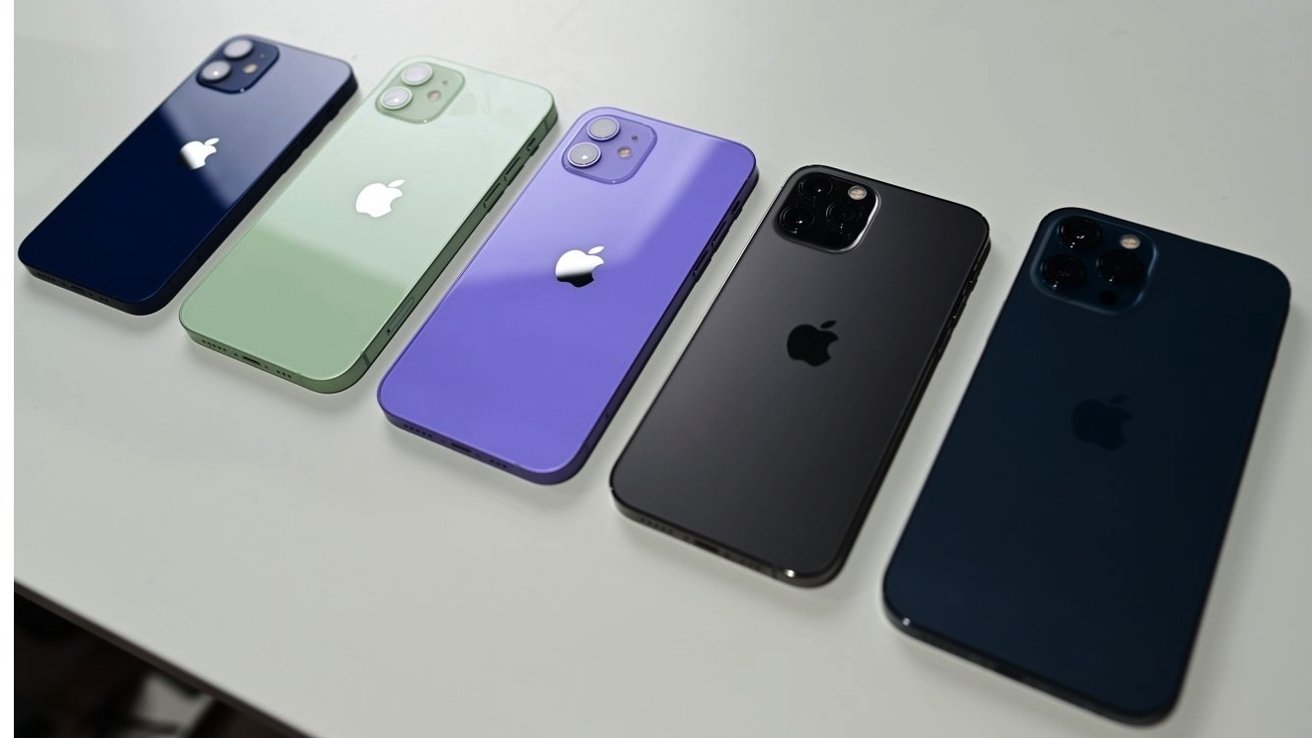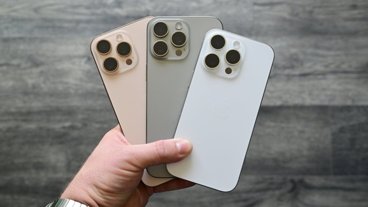To avoid a recall of all the iPhone 12 units sold in France, Apple has announced that it will address concerns over radiation exposure limits with an update.
It's currently not possible to buy an iPhone 12 in France following the country's regulator imposing a temporary ban. The country's Agence nationale des frequences (ANFR) says that the iPhone 12 exceeds the allowed Specific Absorption Rate (SAR) for RF exposure.
Apple denies the claim and has said that it will contest the results of this ANFR testing. Apple also said it has provided the agency with documentation from multiple international regulators, reports from all of which say Apple is in compliance with the limits.
Now, though, Reuters reports that Apple will release an update to iOS to address France's concerns.
"We will issue a software update for users in France to accommodate the protocol used by French regulators," said Apple in a statement seen by Reuters. "We look forward to iPhone 12 continuing to be available in France."
"The ANFR is preparing to quickly test this update," said the agency in a statement. If the iPhone 12 passes the test, France will lift the ban.
While the ANFR did not provide details of its methodology for testing the phone, its concern has prompted Belgium to investigate it too. A spokesperson for the country said that the update was welcome, but that testing would continue.
Even if the French testing is accurate, there has never been any danger of injury to users. Legal limits are set far, far lower than any threshold for possible damage, and the 5.4 W/kg result that the new round of testing provided just slightly exceeds the 4 W/kg that is the legal standard for the on-contact test done here.
Earlier, the agency said that the test done from 5 centimeters was within legal limits. Regardless, the World Health Organization is clear that there isn't any indication that cellphones can damage tissue at any power.
"Considering the very low exposure levels and research results collected to date, there is no convincing scientific evidence that the weak RF signals from base stations and wireless networks cause adverse health effects," the WHO has said for years. The US Food and Drug Administration agrees.
Apple will have been more concerned about the possibility of having to recall all iPhone 12 models sold, than it would about continuing to sell the device. Following the launch of the iPhone 15 on September 12, 2023, Apple dropped the iPhone 12 from sale.
 William Gallagher
William Gallagher







-m.jpg)






 Charles Martin
Charles Martin

 Wesley Hilliard
Wesley Hilliard
 Stephen Silver
Stephen Silver


 Marko Zivkovic
Marko Zivkovic
 Andrew Orr
Andrew Orr








10 Comments
As always AI falls over itself to defend Apple, but a reading of 5.4w/kg does not just “slightly exceed” the legal limit, it’s 35% higher. Regardless of what margin there may be between the legal limit and a harmful effect, ignoring it to the tune of 35% is unacceptable.
If you go 35% faster than the speed limit, you’d best expect you’re going to be booked for it.
Assuming it isn’t just a faulty test (and that seems pretty unlikely) Apple have some explaining to do. An iOS update now is all well and good, but this is a three year old phone which may well have been breaking the law for three years.
"You will comply with our nonsensical demands. You will acknowledge that we hold the power."